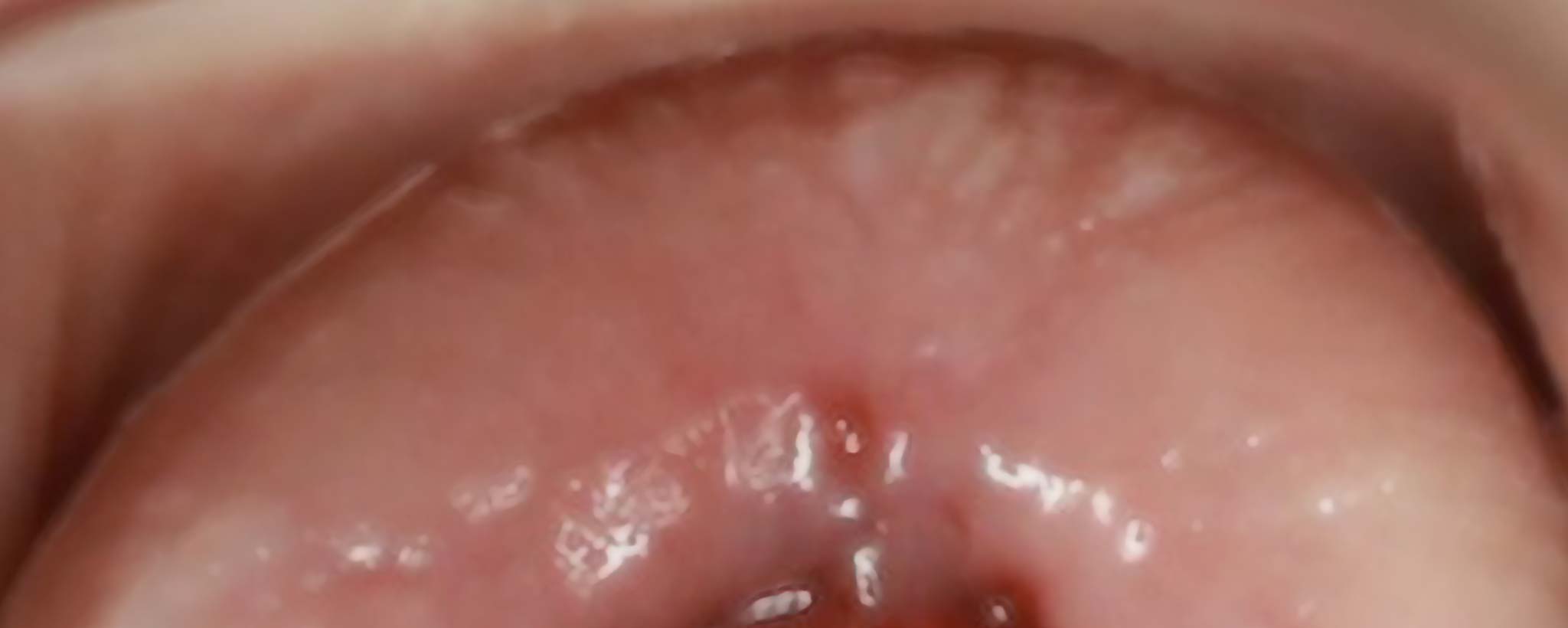Would you like to maintain a healthy urinary tract? Check out these simple tips for preventing infections and promoting overall urinary health.
Get Familiar With Your Urinary System
The human bladder is an essential organ of the urinary system that stores urine until it is expelled from the body. Understanding the average human bladder capacity, the ideal pH level and the impact of oxalates on urine composition can help individuals maintain healthy kidneys and bladders. This article addresses these questions with medical references and provides effective tips for kidney and bladder health.

What is the average human bladder capacity?
The average human bladder capacity varies depending on age, gender, and individual health factors. In adults, the bladder can hold between 300–500 milliliters (10–17 ounces) of urine. However, some people may experience frequent urination or incontinence due to medical conditions or lifestyle factors.
Some factors that affect bladder capacity include age, pregnancy, obesity, urinary tract infections, and neurological conditions that affect bladder control. [1] Children have a smaller bladder capacity than adults. As people age, capacity tends to lessen due to factors such as decreasing bladder elasticity and muscle tone.
What is the ideal pH level?
A measure of the acidity or alkalinity of a solution is called pH. The pH scale ranges from 0 to 14, with 7 being neutral. Solutions with a pH less than 7 are acidic, and solutions with a pH greater than 7 are alkaline or basic. In the case of urine, the pH provides important information about the health of the urinary tract.
The pH level of urine can vary depending on diet, medication, and individual health factors. A normal urine pH level ranges between 4.6 to 8.0, with the ideal range being 5.5 to 7.0. [2] Urine pH can affect the risk of kidney stone formation, and a pH value of 7.0 or higher may increase the risk of calcium phosphate stone formation. [3]
A high-protein diet can lead to an acidic pH, while a diet rich in fruits and vegetables can lead to an alkaline pH. Certain medications, such as diuretics, can also affect the pH of urine. Some medical conditions, such as urinary tract infections and kidney disease, cause the urine to become more alkaline or acidic than normal.
What are some reasons for hematuria?
Hematuria is the presence of blood in the urine and can be a sign of an underlying medical condition. There are two types of hematuria: gross hematuria, where the urine appears visibly red or brown, and microscopic hematuria, where the blood in the urine can only be seen under a microscope. [4] There are many possible causes of hematuria, including:
- Urinary tract infections: UTIs can cause inflammation and irritation of the urinary tract, which can lead to blood in the urine.
- Kidney stones: Small stones in the urinary tract can scratch the lining and cause bleeding.
- Bladder or kidney infections: Infections of the bladder or kidneys can cause inflammation and irritation, leading to hematuria.
- Enlarged prostate: An enlarged prostate can cause pressure on the urethra and lead to bleeding.
- Kidney disease: Hematuria can be a sign of kidney disease, which can cause damage to the kidneys and affect their ability to filter blood.
- Cancer: Hematuria can be a symptom of bladder, kidney, or prostate cancer.
- Medications: Certain medications, such as blood thinners, can cause blood in the urine.
- Strenuous exercise: Intense exercise can cause trauma to the bladder and lead to hematuria.
If you experience hematuria, it is important to see a healthcare provider to determine the underlying cause and receive appropriate treatment.
How do oxalates affect urine composition?
Oxalates are naturally occurring substances found in many plant-based foods, such as spinach, rhubarb, beets, nuts, and tea. They can also be produced by the body. High levels of dietary oxalates can lead to the formation of calcium oxalate stones, a common type of kidney stone. [5]
When oxalates bind with calcium in the urine, they can form crystals that grow and clump together, forming stones. Therefore, people prone to kidney stones should limit their intake of high-oxalate foods and increase their fluid intake to reduce the concentration of oxalates in the urine. [6]
What effective tips keep your urinary tract healthy?
Keeping the kidneys and bladder healthy is essential for overall health and wellbeing. [7]
7 Effective Tips for a Healthy Bladder
- Stay hydrated: Drinking plenty of water can help flush out toxins, prevent urinary tract infections, and reduce the buildup of waste products in the urinary system.
- Maintain a healthy diet: A diet rich in fruits, vegetables, and lean proteins can help maintain kidney and bladder health. Limiting salt, sugar, and processed foods can also reduce the risk of kidney stone formation.
- Practice good hygiene: Good hygiene can help prevent urinary tract infections, which can lead to bladder and kidney infections. Women should wipe from front to back after using the restroom to prevent the spread of bacteria.
- Exercise regularly: Regular exercise can improve overall health and help maintain a healthy weight, which can reduce the risk of kidney and bladder problems.
- Don’t hold urine: Retaining urine for extended periods can increase the risk of bladder infections and other urinary tract problems.
- Quit smoking: Cigarette smoking can increase the risk of kidney cancer and other kidney problems.
- Manage underlying medical conditions: Chronic medical conditions, such as diabetes and high blood pressure, can increase the risk of kidney disease. Managing these conditions can help prevent kidney damage and maintain kidney function.
Understanding the average human bladder capacity, ideal pH level and the impact of oxalates on urine composition can help individuals maintain healthy kidneys and bladders.
Incorporating effective tips such as staying hydrated, maintaining a healthy diet, practicing good hygiene, exercising regularly, and managing medical conditions can help promote optimal kidney and bladder health. Consult with a healthcare provider for personalized advice on maintaining kidney and bladder health.
To support the writing of scholarly articles about urology, ClinicalPosters sells human anatomy charts, scientific posters, and other products online. You may sponsor specific articles or remit a small donation.
ClinicalPosters sells human anatomy charts, scientific posters, and other products online to offset expense of the writing useful articles about urology. Slide extra posters into DeuPair Frames without removing from the wall.
Show your support by donating, shopping for ClinicalPins, or leaving an encouraging comment to keep the research going.
To support the writing of useful articles about urology, ClinicalPosters sells human anatomy charts, scientific posters, and other products online. You may sponsor specific articles or remit a small donation.
ClinicalPosters sells human anatomy charts, scientific posters, and other products online to offset expense of the writing useful articles about urology. Slide extra posters into DeuPair Frames without removing from the wall.
ClinicalPosters sells human anatomy charts, scientific posters, and other products online. You may remit a small donation.
You can support the writing of useful articles about urology by sponsoring specific articles or remitting a small donation. Visible content is optimized for device size.







 Romance & Health Intertwine. Fall in love with a captivating romance miniseries that explores the essence of well-being. Become a ClinicalNovellas library member for heartwarming tales.
Romance & Health Intertwine. Fall in love with a captivating romance miniseries that explores the essence of well-being. Become a ClinicalNovellas library member for heartwarming tales.




